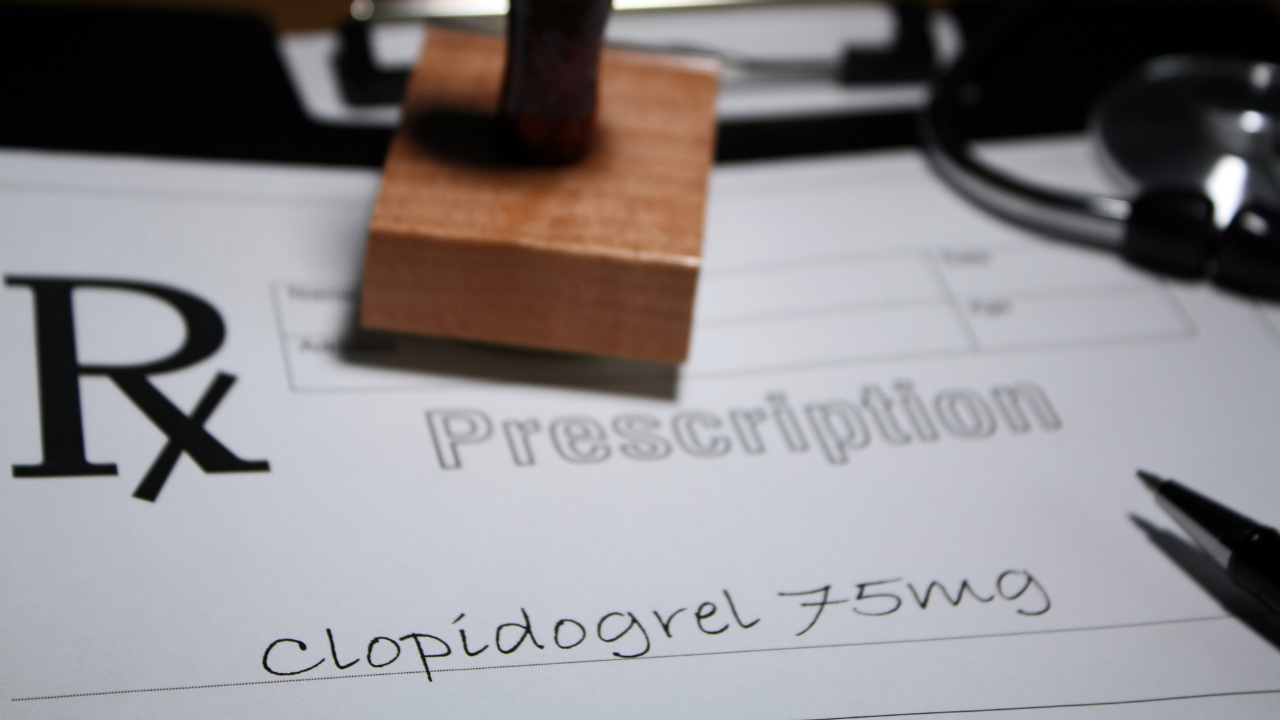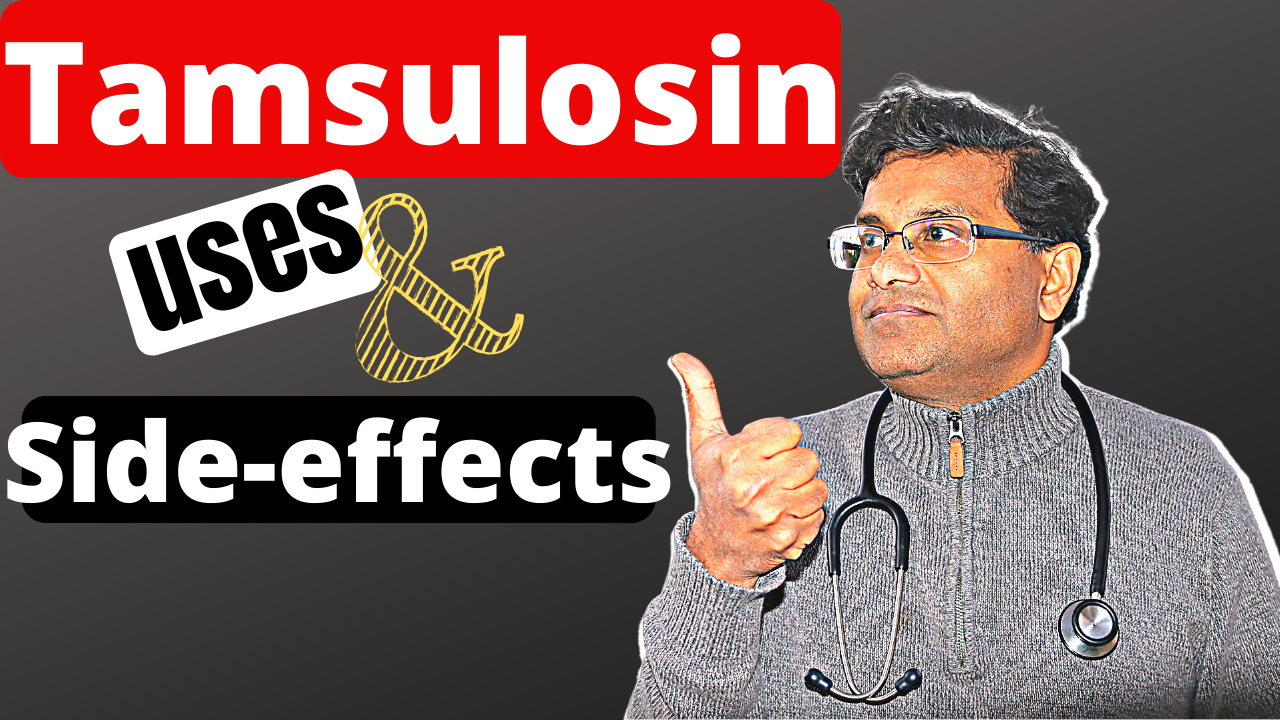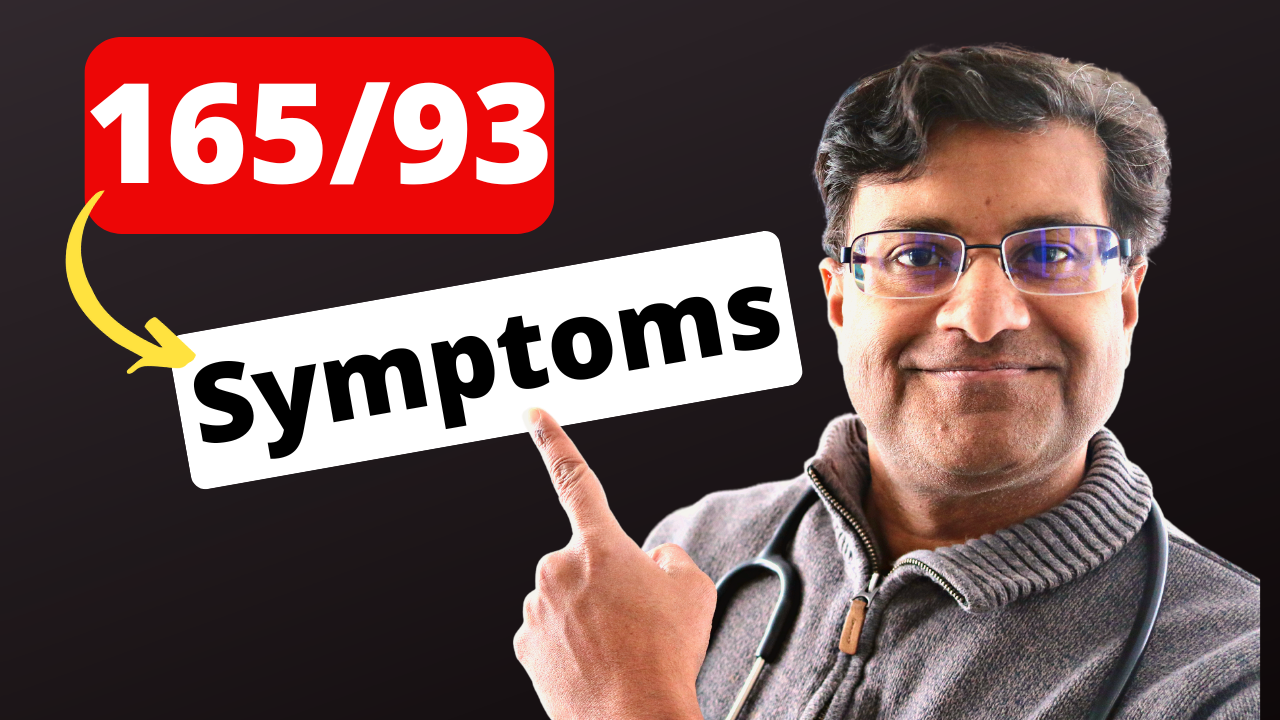What is Clopidogrel?
Plavix (clopidogrel) is prescription medication. The brand name is Plavix. Your Doctor will tell you that this is an antiplatelet medication. What does antiplatelet mean? Well, platelets are blood cells that help blood clot. That would mean if you used Clopidogrel, it prevents your platelets from sticking together into blood clots. It makes your blood, if you will, “thinner.” In this way, this medication can lower the risk of a heart attack or a stroke.
How does Clopidogrel lower the risk of a heart attack or a stroke?
Most heart attacks are caused by a blood clot forming in vessels supplying the heart with oxygen and nutrients. Most strokes are caused by blood clots in the vessels supplying blood to your brain. By using Clopidogrel we can lower the risk of these very frightening events.
What is Clopidogrel used for?
- It is used to lower the chance of a heart attack.
- It can be also used to lower the chances of a stroke.
- It can also be used after a stent implant or other vascular procedure. Your Doctor might direct you take this medication with Aspirin for many months or even years depending on the type of stent or procedure.
- It can be used off label if you have compromised circulation problems called peripheral vascular disease.
- Sometimes your Doctor might use this drug if you cannot tolerate Aspirin.
What are the doses of Clopidogrel?

It comes in following doses 75mg and 300mg.Most patients take 75mg of Clopidogrel once a day. It can be taken with or without food.
Everything YOU NEED to know before you start the drug.
14 MUST KNOW TIPS & ADVICE
- 1)If you love grapefruit, you and Clopidogrel will not get along. Grapefruits and grapefruit juice can increase the chances of side effects especially if you drink more than 2 and half cups.
- 2) Some Doctors, especially in the Hospital setting, check a genetic test called CYP2C19 test to see if you would respond to clopidogrel. If you are a slow metabolizer or have a gene variant your Doctor might suggest a different medication
- 3) All drugs may cause side effects. The goal of this channels is to educate you, if you are on drug how it works and what you might expect in terms of common side effects. There will be always some people who have no or only mild side effects. If you do have side effects, call your Doctor ASAP to get advice accordingly.
- 4) This drug “thins” your blood. You are more likely to bleed or bruise yourself. Be careful to avoid injury, or even fall and hit your head. When brushing your teeth use a softer bristle and take care when you are shaving. Your Doctor will occasionally also check your complete blood count looking at your platelet count, your hemoglobin and hematocrit values.
- 5)If you are actively bleeding like for example a bleeding from a stomach ulcer or a brain bleed, your Doctor will STOP this medication.
- 6) You would be at an increased risk for a bleed the older you get, especially if you are older than 75 y/o. You are at a risk if your bodyweight is less than 130lbs (or 60kg). Another risk factor would be after surgery.
- 7) There are certain medications which can increase the risk of a bleed. Examples would be Warfarin (another type of blood thinner), nonsteroidal anti-inflammatory drugs(NSAIDS) such as Motrin, Ibuprofen or Naproxen.
- 8) If you have to undergo a procedure such as placing a cardiac stent, your health care provider will place you on Aspirin and Plavix (Clopidogrel), depending on the kind of stent for several months or even longer. (usually 6-12 months). After 6 to 12 months of successful therapy, your health care provider should discuss the benefits vs risks of continuing therapy.
- 9) If you have blood in your urine, black tarry stools or bloody stools, or if you cough up blood or vomit that looks like coffee grounds these can be signs of a life-threatening bleed call your Doctor ASAP or get to your nearest Hospital/ER ASAP.
- 10) A serious blood problem called TTP also called thrombotic thrombocytopenic purpura can happen with this drug. This is a blood disorder where blood clots form in the small blood vessels of your body.
This can be of course life threatening.
Your main symptoms for TTP would be:
1.Neurological symptoms: confusion, slurred speech, difficulty thinking, headache, seizures
2.Symptoms of anemia: fatigue, weakness, shortness of breath, be off balance, fast heartbeat
3.Skin symptoms: bruising, purple spots in your mouth & skin, yellowing of your eyes
4.GI symptoms: Nausea & Vomiting, abdominal pain, and diarrhea
5.Kidney symptoms: decreased urine output, even with pinkish urine
6.Signs of a blood clot with sudden numbness or weakness affecting a part of your body
- 11) Here is a list of some of the common side effects. The list is by no means exhaustive, but you have a general idea of the most common side effects. Call your Doctors if are experiencing them. They can advise you whether you need to continue with the medication or not :
bruising, bleeding, nose bleeds joint pain, rash, duodenal ulcer, brain bleed, pancreatitis, low platelet count, stomach pain, diarrhea
- 12) Your Doctor will ask you to stop Plavix about 5 days prior to a surgical procedure to minimize bleeding risk
- 13) YOU might be on a pill to protect your stomach such as Omeprazole. Omeprazole belongs to a family of medications called PPIs (Proton Pump inhibitors) There are some studies showing certain stomach protection medications such as Omeprazole or Esomeprazole at the same time as Plavix would diminish the effect of Plavix. There are other studies who counter this. I generally recommend with my patients to use Pantoprazole if they had to choose a PPI to protect their stomach or an H2 blocker such as Famotidine.
- 14) Here is a list of some drugs that Clopidogrel can react with. Once again by no means exhaustive, but I am pointing out some common drugs: SUCH AS NSAIDs, PPI such as Omeprazole or Esomeprazole, anti-depressant a such as Fluoxetine, and others SSRIs such as Sertraline antifungal medications such as Fluconazole or Ketoconazole, diabetic medication repaglinide, other blood thinners such as Warfarin.
Think your health and have a good day!bSee complete video here on YouTube.
Source:
1) uptodate.com/Clopidogrel
2) https://www.accessdata.fda.gov/drugsatfda_docs/label/2018/020839s070lbl.pdf
3) https://www.rxlist.com/plavix-drug.htm
4) https://www.goodrx.com/clopidogrelTTP signs of a blood clot







